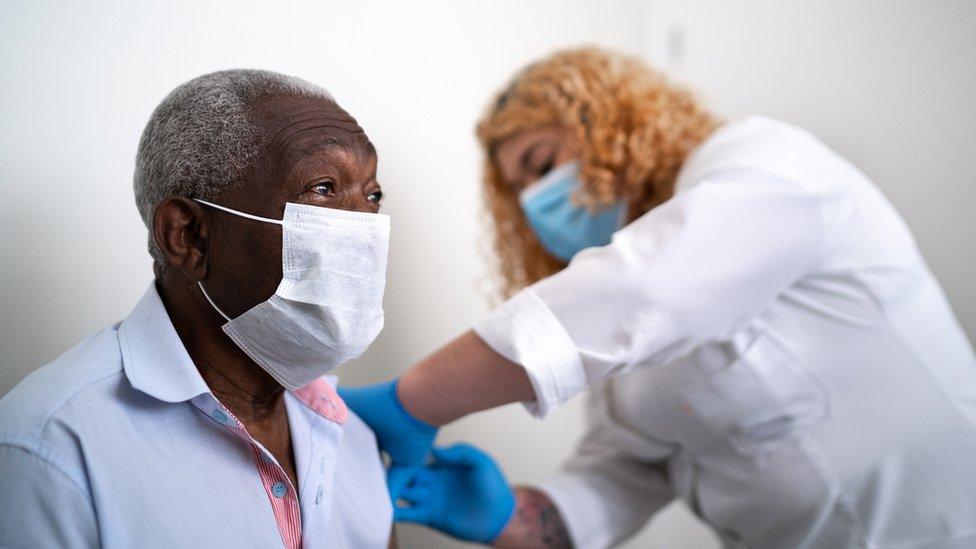Guernsey 'hallelujah day' as Covid self-isolation to end
- Published
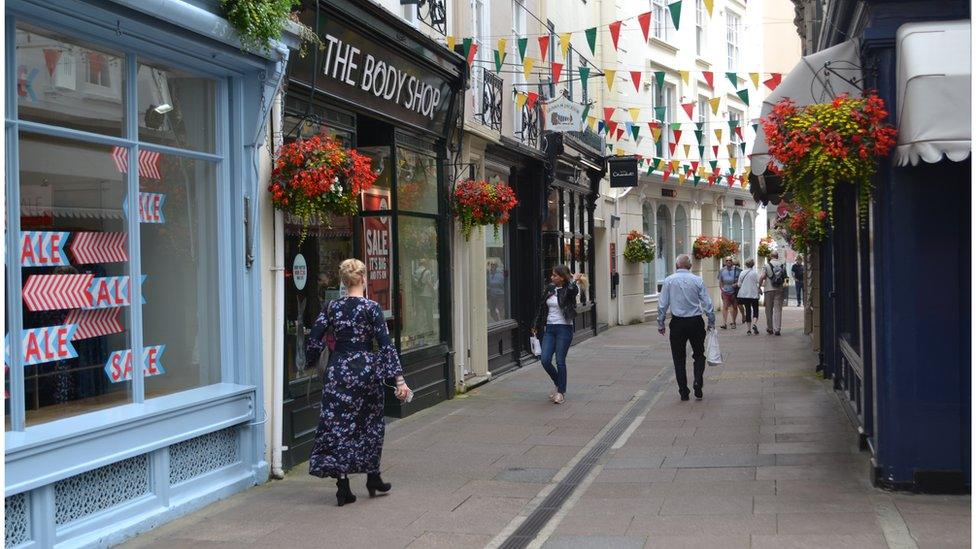
Compulsory self-isolation for Covid-19 cases will end on 17 February
Guernsey is to end compulsory self-isolation for Covid-19 cases and all border restrictions on 17 February in a "hallelujah day" for islanders.
The Civil Contingencies Authority (CCA) said the rules were "no longer proportionate or necessary"., external
This was "largely because of the high vaccine uptake" and "very few hospitalisations due to the virus".
The CCA urged people to stay at home when unwell and said "the need for vigilance" had "not disappeared".
On Tuesday there were 890 known active cases of Covid-19 in the Bailiwick according to official statistics., external
Director of Public Health Dr Nicola Brink said although cases were high, they were "holding steady" and all of the people in hospital with Covid were there because of other reasons.
Islanders were "ready to take back control and manage the pandemic in a different way", she said.

Analysis: John Fernandez, BBC Radio Guernsey
We are entering the endgame.
Next week, Guernsey becomes the first place in the British Isles to drop all Covid restrictions.
It marks the end of a saga many islanders will want to forget, but one the government has learned numerous lessons from.
The first and most important is that clear and confident communications work, as evidenced by Guernsey's undoubtedly excellent pandemic performance, with low death numbers and periods of almost normality while parts of the UK were suffering in lockdown.
You'd be hard pressed to find many people in Guernsey who have many bad words about how the island has handled Covid and with big challenges ahead for the States, it's banked a lot of goodwill for some serious issues in the future.

The CCA said there was now "strong evidence, following the recent Omicron wave, that critical services across the Bailiwick can be maintained".
And it asked islanders and employers to "act responsibly themselves" and encourage "everyone around them to do the same".
Deputy Peter Ferbrache, chair of the CCA, said: "This is very much a hallelujah day and testament to the responsible actions of so many people.
"I hope we have reached a defining moment.
"I hope there will never be a need again for the CCA to use emergency powers, but if you have a sniffle stay at home."
All positive cases will be requested to voluntarily stay at home for 10 days with early release if they are asymptomatic and Lateral Flow Test (LFT) negative from day five and again 24 hours later.
LFT tests would continue to be freely available.

Follow BBC Guernsey on Twitter, external and Facebook, external. Send your story ideas to channel.islands@bbc.co.uk, external.
Related topics
- Published9 February 2022
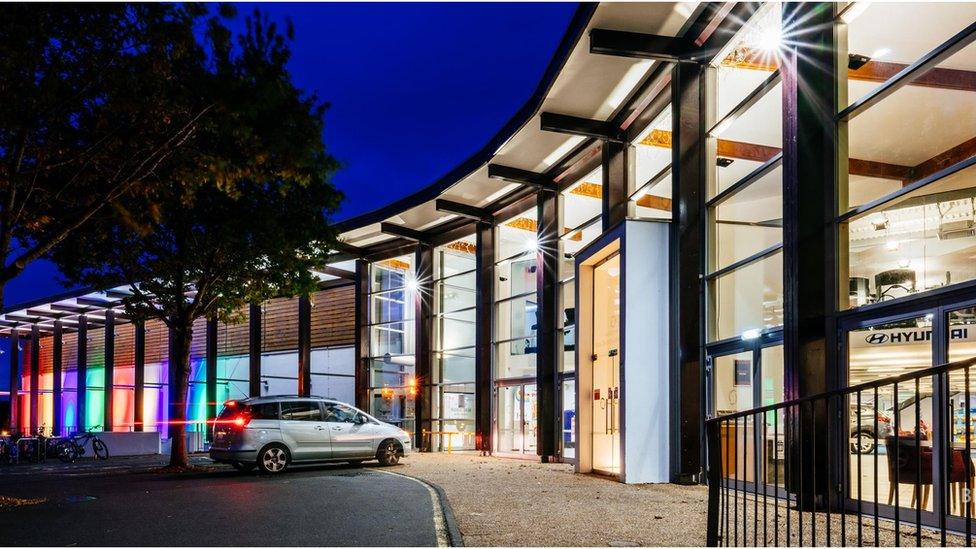
- Published3 February 2022
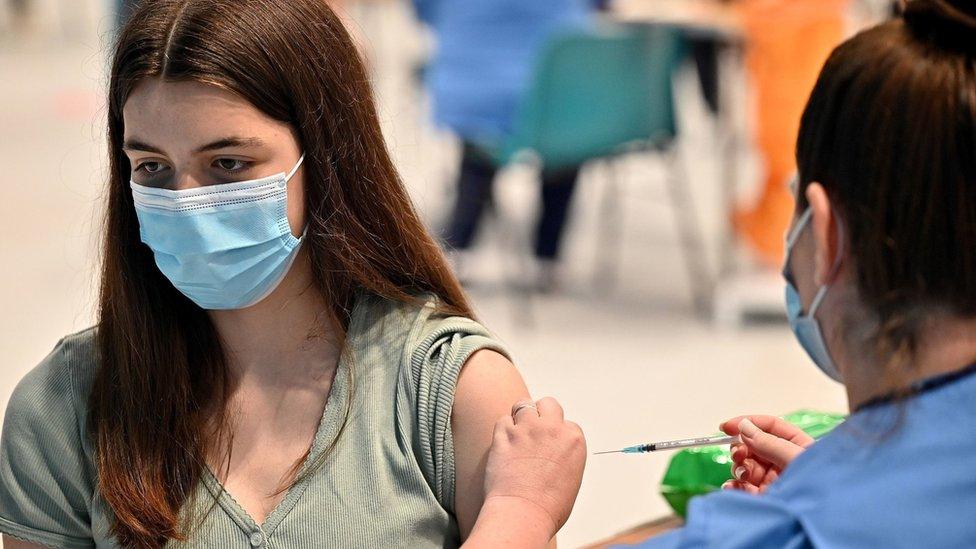
- Published2 February 2022
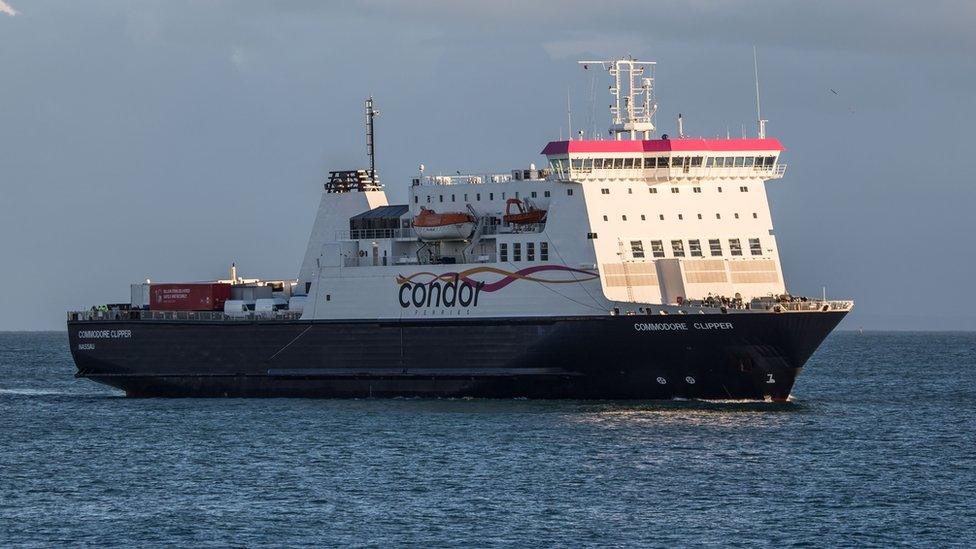
- Published28 January 2022
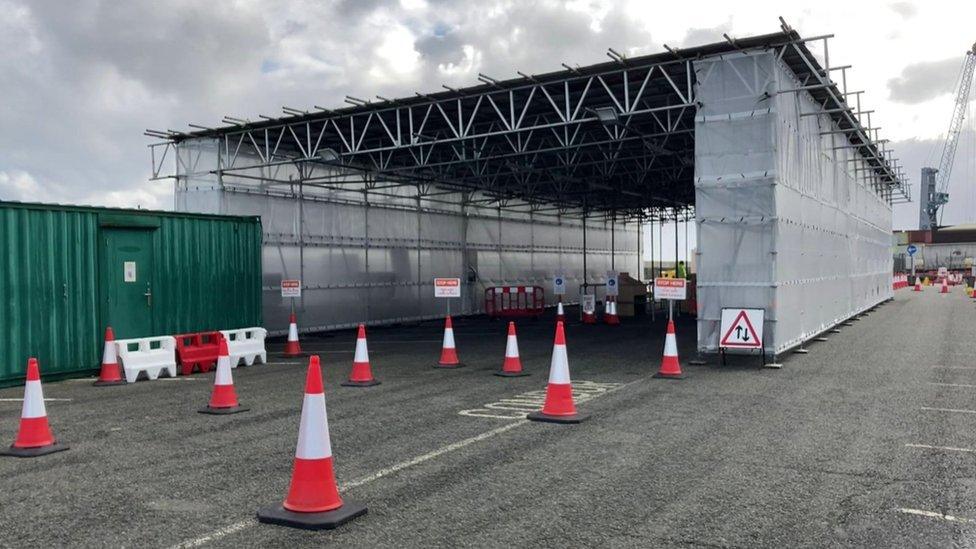
- Published8 January 2022
